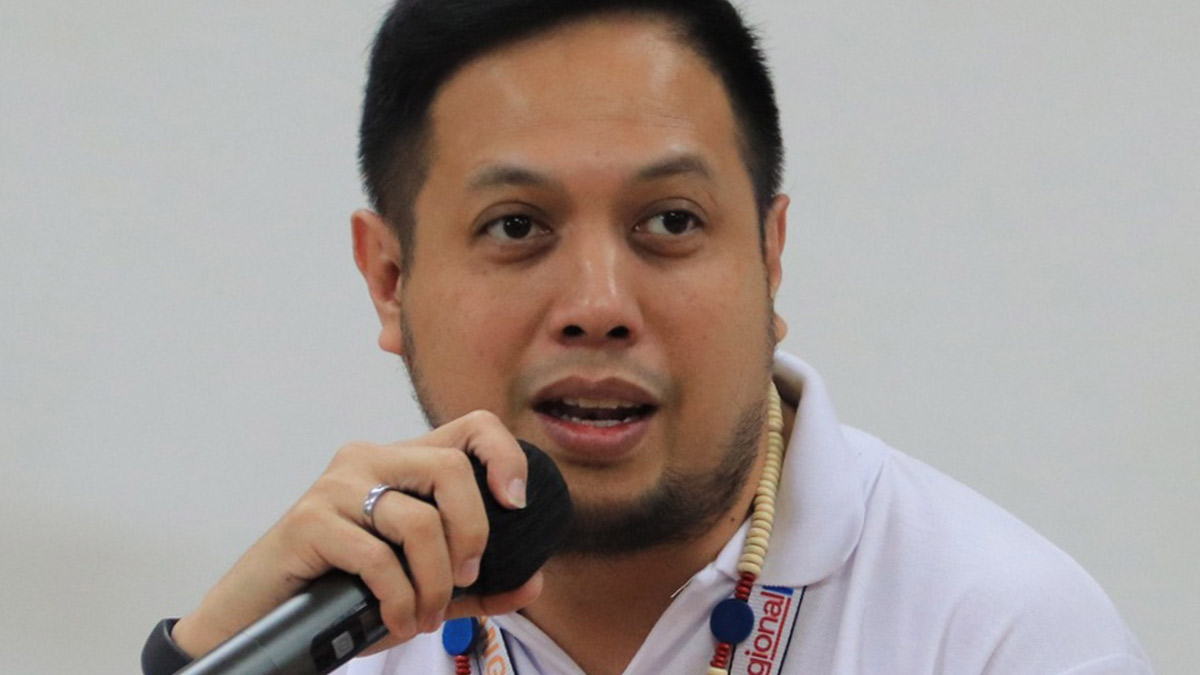Customs bureau latest gov’t victim of hackers
MANILA, Philippines — The Department of Information and Communications Technology (DICT) on Monday said it was investigating the extent of the latest data breach victimizing the Bureau of Customs (BOC).
According to the cybersecurity group Deep Web Konek, the 4.5-gigabyte worth of BOC data was compromised by the hackers who identified themselves as DeathNote Hackers PH, Philippine Hacking University and Excommunicado.
These data included the personal information of more than 2,200 employees and about 80,000 customers, based on Deep Web Konek’s findings.
READ: 2 terabytes of DOST data breached in latest hacking incident
READ: AFP ready to assist PCG after latest hacking incident
Article continues after this advertisement“This unauthorized access not only undermines the integrity of the agency’s data infrastructure but also reveals systemic vulnerabilities within its cybersecurity framework,” the cybersecurity group warned.
Article continues after this advertisementDICT Assistant Secretary Renato Paraiso said in an interview with the Inquirer that they were verifying the size of the data breach but noted that their initial findings pointed to the BOC’s reporting system being affected by the digital attack.
The reporting system serves as a communication line among BOC units and the data that were potentially compromised included information about cargo movements being monitored by the government agency, Paraiso explained.
According to the DICT official, the BOC still has access to its network despite the attack and they have already isolated and started probing the infected systems.
“It’s an infiltration of the system, not an encryption. It is merely an extraction of data,” Paraiso explained.
Sale of gov’t email domains
He said they were also verifying another data breach report by Deep Web Konek on the potential sale of several government email domains by a threat actor named “skywwrl.”
The cybersecurity group noted the “alleged sale of government domain access was brought to attention through a dark web forum with each domain being offered for $100.”
These email domains were those of the City Government of Davao, the Department of Energy and the Philippine Health Insurance Corp., among others, the cybersecurity group noted.
But Deep Web Konek stressed that further verification was still needed to confirm these data breaches.
“I don’t think it is a new hack. It might be the product of a previous hack,” Paraiso noted.
Only last week, the DICT confirmed that 2-terabyte worth of data, including research plans, schematics and designs belonging to the Department of Science and Technology (DOST), were compromised due to a cyberattack.
The attack locked out the DOST, meaning it could not access the compromised data.
The National Privacy Commission on Monday confirmed the DOST data leak, putting hundreds of its employees at risk with unauthorized access to sensitive information.
The cyberattack was expected to delay the approval of pending patents and other DOST initiatives, according to the DICT official, adding that they were still working on fully recovering the infected systems of the DOST.
“The battle for recovery of data really requires a little bit of time because you are trying to decode the encryption of a very sophisticated system that they put in place,” he pointed out.
Better security software
With the recent spate of digital attacks, Paraiso raised the need for government agencies to be “forward-looking” when procuring cybersecurity software and other technology and cybersecurity products that could be upgraded in anticipation of more sophisticated digital attacks in the future, he said.
The DICT official explained that cyberattacks have been rampant in the country, targeting both government agencies and the private sector. In fact, he said the country deals with 2 million cyberattacks daily.
“[Cybercriminals are] very aggressive. They’re very sophisticated. Maybe they have upped their game because the systems they’re employing now are very advanced,” he said.
READ: Philippines wards off cyber attacks from China-based hackers
Government agencies are attracting cybercriminals because they hold substantial amounts of significant data, including personal information, that can be exploited by hackers for financial gains.
In a study by cybersecurity firm Kaspersky, it noted that the Philippines dealt with approximately one digital threat per second or nearly 72,000 a day last year, noting that it blocked over 26.16 million web attacks in the country last year.
Cyberdefense guidelines
In Congress, House Deputy Minority leader and ACT Teachers Rep. France Castro on Monday urged the DICT to establish guidelines and minimum requirements for cyberdefense across all government agencies and data repositories to mitigate the increasing risk of hacking incidents.
“It is crucial to invest in secure systems to safeguard sensitive information and protect the privacy of Filipino citizens,” Castro said in a statement.
She highlighted the urgency for government agencies, especially in light of the upcoming midterm elections, to address cybersecurity vulnerabilities to safeguard against potential hacking attacks. —WITH REPORTS FROM TINA G. SANTOS AND ALDEN M. MONZON INQ
